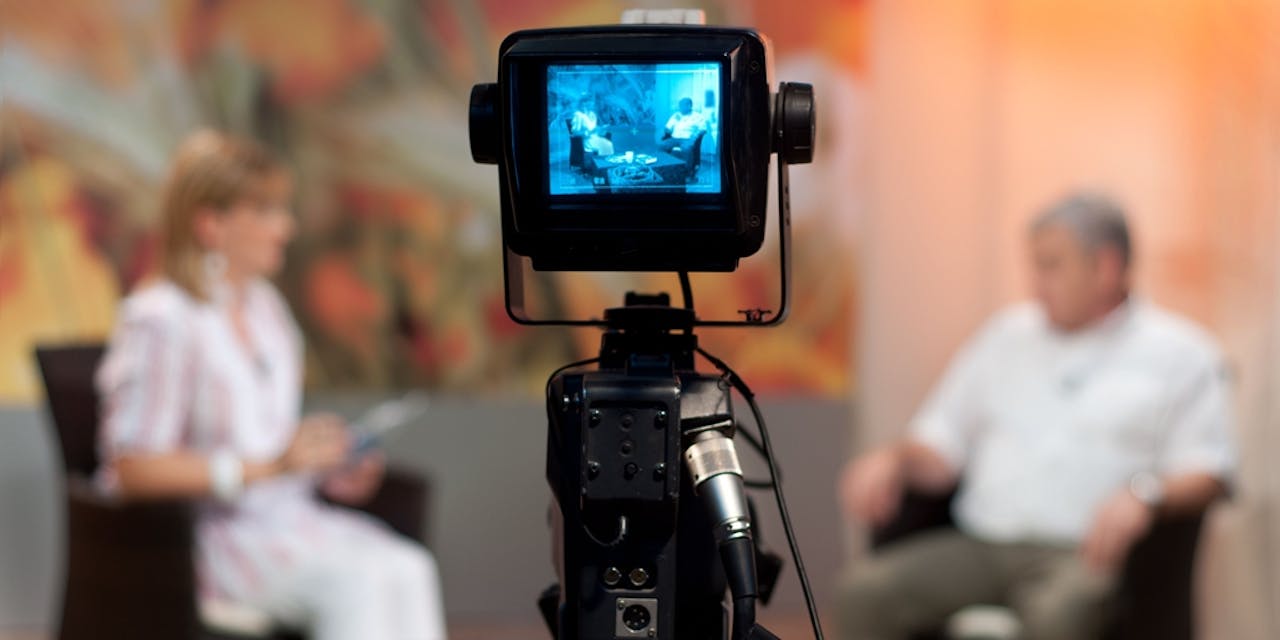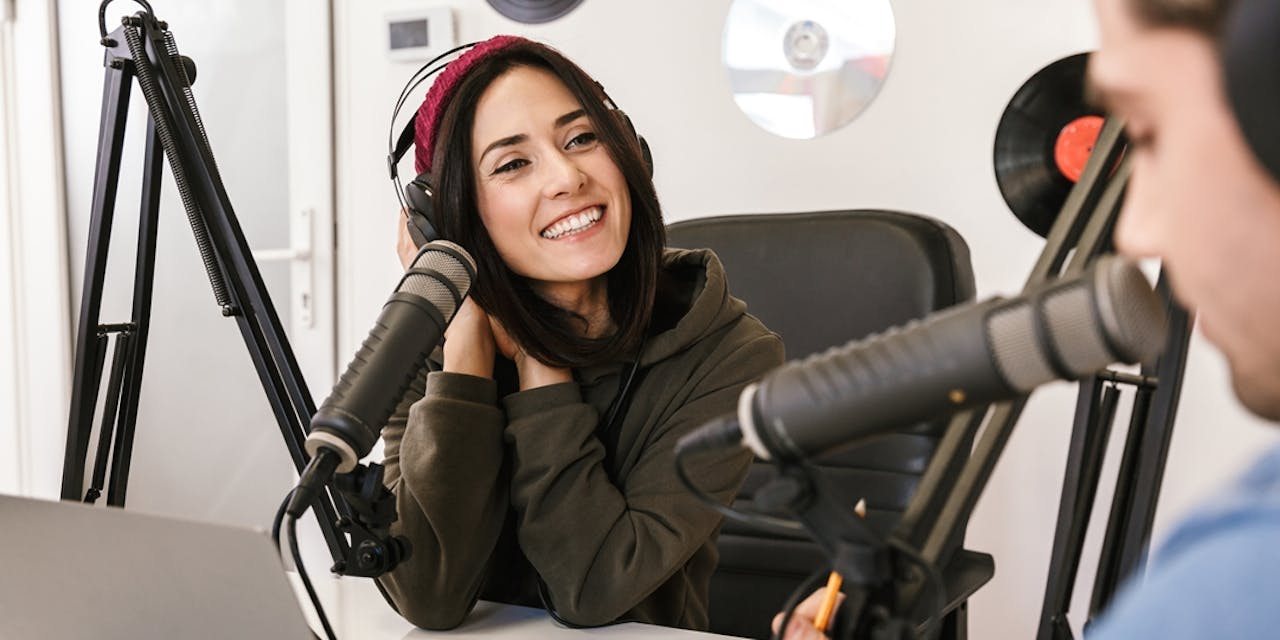Intellifluence
Intellifluence is an all-in-one influencer marketing platform that enables brands and influencers to connect, collaborate and reach their goals.
Skills
Sector Experience
This promoted content is produced by a publishing partner of Open Mic. A paid-for membership product for partners of The Drum to self-publish their news, opinions and insights on thedrum.com - Find out more
How to interact with the media to establish yourself as an authoritative influencer
September 22, 2022

Authority transfer is a concept I have written about previously, as it pertains to taking on the role of a speaker at an industry event. Here we are going to discuss another way to earn authoritative influence by proxy: through media interviews.
Why is it so important to establish yourself as an authoritative influencer? Consider the 80/20 rule, or Pareto principle, as it applies to opportunity recruitment. Establishing yourself in the top 20% of any given field through perceived expertise will result in getting the first look in on 80% of the available opportunities.
What are we defining as a media interview?
There are many different media interview types which encompass mediums such as live television, newspaper, and trade journals.

For the sake of this article, we are going to define a media interview as a recorded dialogue between a journalist and an industry expert.
How should a media interview be approached?
There is no shortage of advice that exists when it comes to media interaction. Here is a condensed list compiled from our experience, as well as others:
Advertisement
1) Be memorable
This is key as the main takeaway is to establish yourself as one of the top 20%, in terms of expertise. Build that mindshare.
2) Be prepared
As an Eagle Scout, it should go without saying, if you aren't ready to discuss the topic and do not know who your interviewer is and their style, you can easily be derailed. Always prep.
3) Practice
This goes hand in hand with preparation. By reviewing your talking points to ensure you know how to answer the harder questions as well as the easier ones, you're more likely to stay on track and ensure you hit those key memorable lines that can be quoted later on.
4) Be human
It can be scary when the bright lights are on you, just like taking the stage at that conference during the 60 minutes of terror. However, remember that you are being interviewed by another human so don't be afraid to smile, joke, show emotion, and connect.
5) Avoid jargon
Media interviews are usually trying to convey expertise to non-experts, so the less jargon and industry-specific language you can use to explain a topic, the better.
6) Be concise
Along the lines of avoiding jargon, a short answer is generally a better one. It will also help to be memorable. How do you ensure your answers are concise? Practice.
7) Follow up
Remember to follow up with the journalist to thank them. Additionally, offer clarification if you feel you made a mistake on something, if you need to provide supporting evidence to prove a difficult talking point, or even to offer yourself up as a source on future pieces. Make the journalist's life easier and your chances of being picked again increase.
What are some digital analogs to supplement getting media interviews?
Not everyone can jump right into doing media interviews, but there are ways to build up your expertise to the point that when you eventually pitch or accept a pitch, your background will check out.

1) Podcast
Podcast interviews are great because they are generally a bit more informal than a high powered media interview while providing an opportunity to practice talking points in a conversational setting that doesn't require standing in front of a mirror.
2) Webinar
The reason I'll break out webinar interviews from podcasts is the webinar interview forces another layer of interaction with a listening audience and has the added benefit of interactive visual materials so one can both explain a talking point while showing live evidence.
3) Guest post
The reason guest post think pieces on niche publications do so well is because of where they are hosted and who is doing the interview. Think of them as simply the written analog of the media interview. In this process, the interviewer is providing a written interview authority that shows how the interview subject "passes the test" conveying subject matter authority within the piece.
How do you get a high quality interview?
Let's say you as an aspiring authority have built up some experience within your company doing podcast interviews, have been covered in some trade blogs, and have potentially spoken at an event. How do you now get the attention of the media? Press releases.
Press releases occur every day and journalists are inundated by bland and untargeted information that only requires media coverage if the company itself is noteworthy or the subject itself is perceived as hot.
A way to improve your chances is to view your next PR campaign as a targeted outreach to a specific journalist. When crafting the release, consider what the journalist has written about in the past and who she has profiled. Write with the intent of the message being completely in her journalistic wheelhouse, so to speak. After your press goes out, be ready to accept the call, or if necessary in a non-response, amplify the press on Twitter for extra attention.


